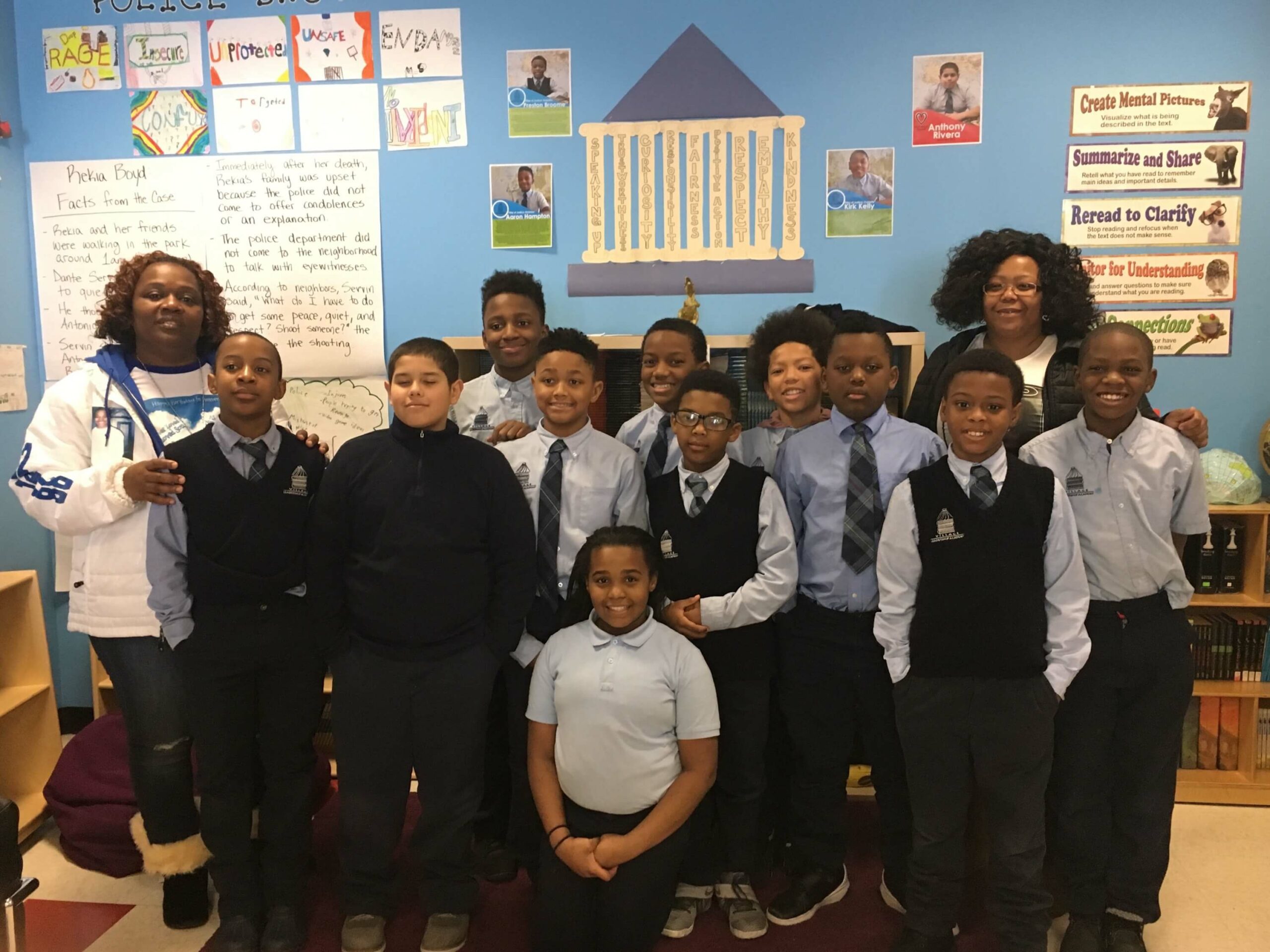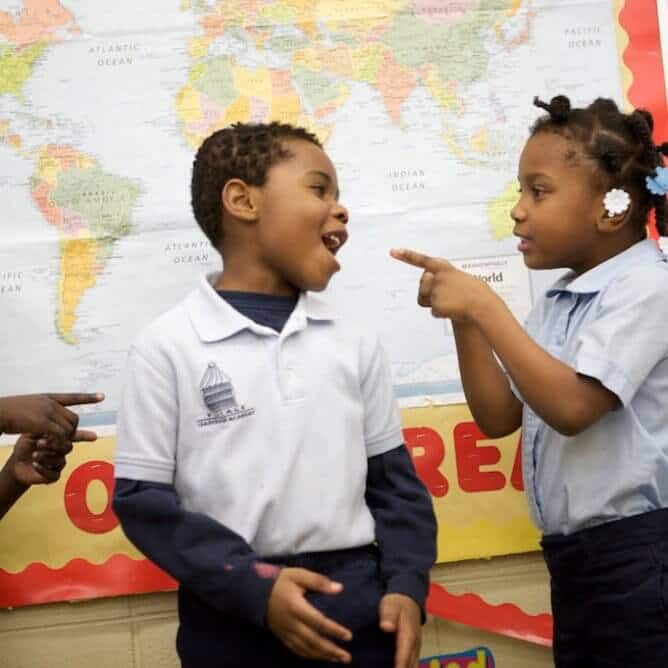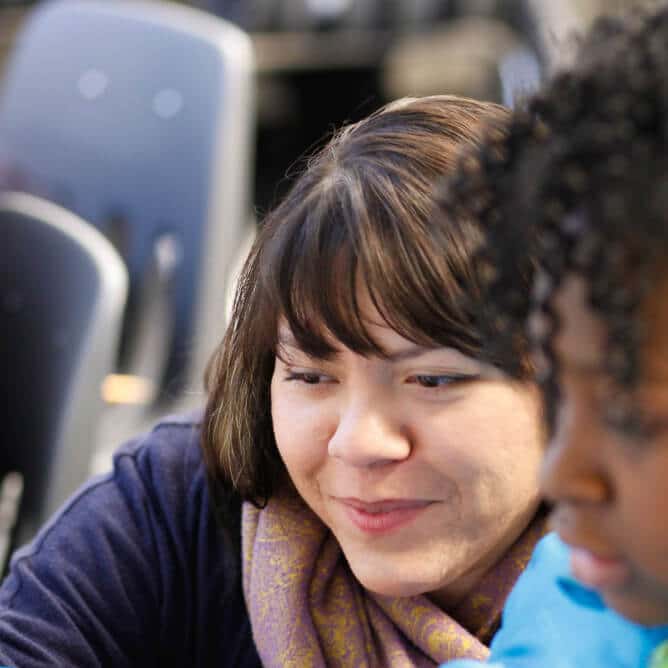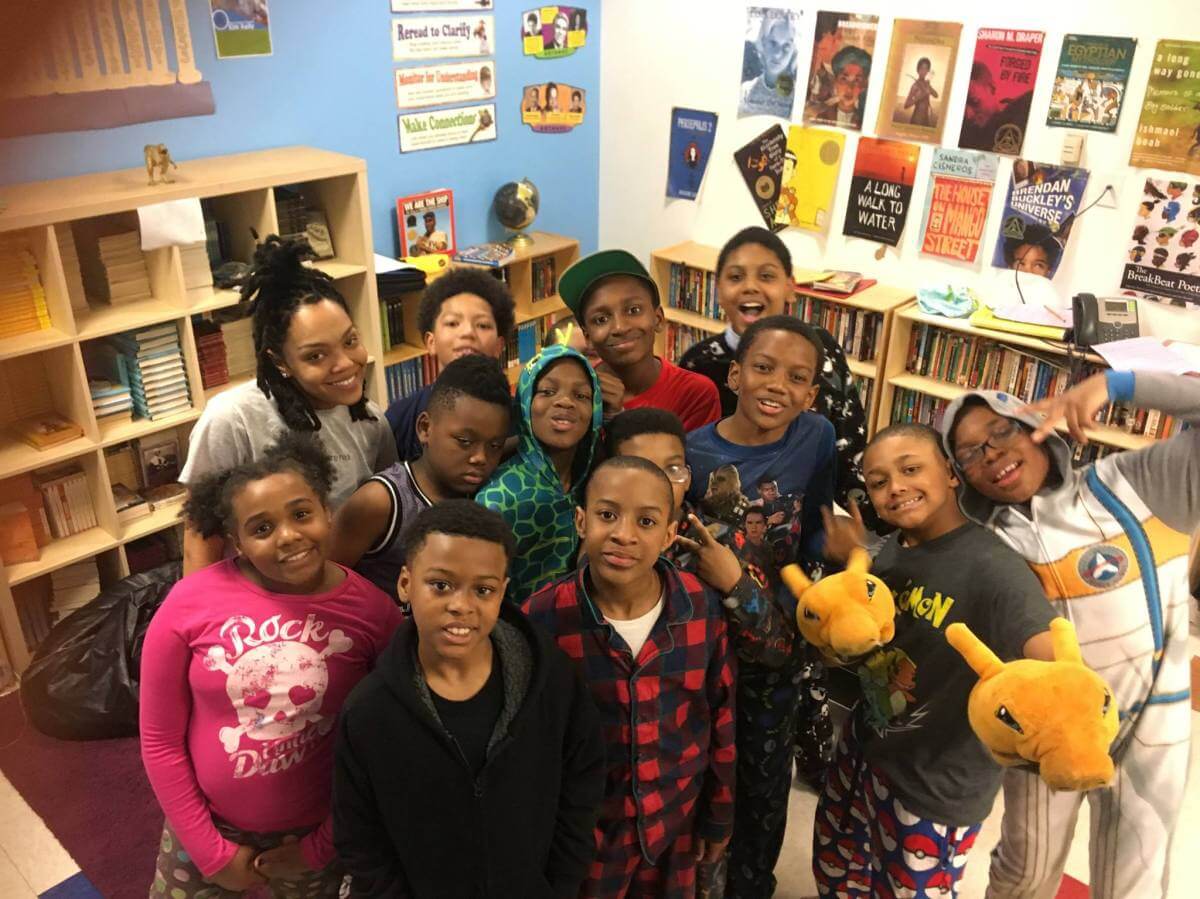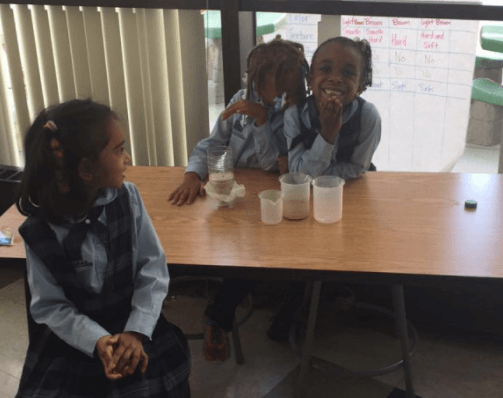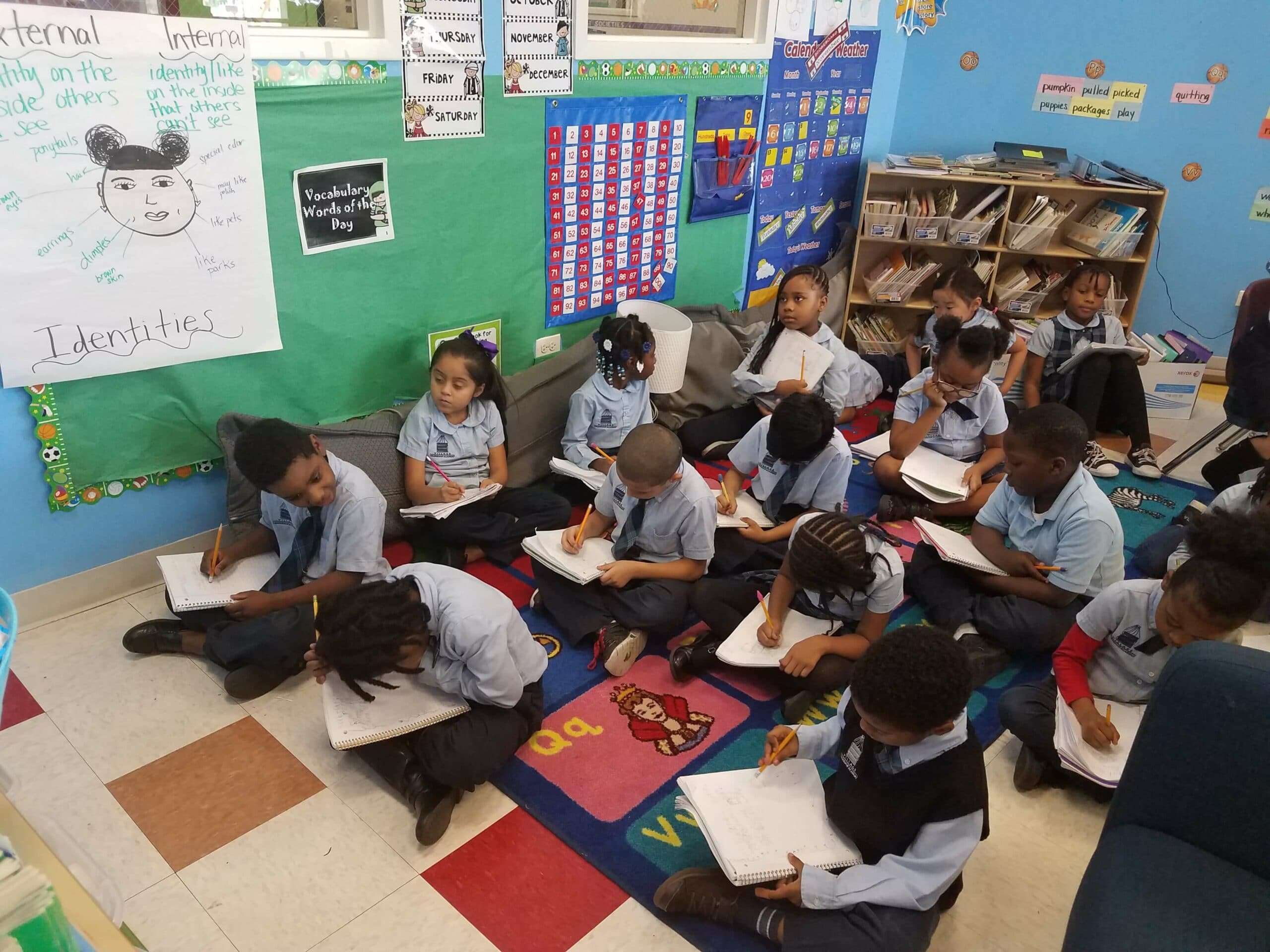Blog
Alexander the “Who?”
By: VLA Instructional Coordinator, Maria Wahlstrom
But I didn’t have to wonder for long. Some kids were definitely not shy to voice their thoughts, and they certainly were fearless to question anything they heard. They had their own mind and voice, and they were well aware of it.
While students engaged in discussions about Greek democracy, one 7 year old kid raised her hand to respond:
“Yeah, it’s kinda true that d..d..de..democracy is probably better than having only one ruler make a decision, but it still isn’t fair!”
Mr Macias looked at the little girl sitting criss cross apple sauce on the bright blue carpet and asked,
“Hm, Why not?” She sat up, and did not hesitate to continue.
“Well…because the story you just read to us said that rich men voted in Greece. So women, poor men, and kids don’t vote, and I don’t think that’s really fair!”
“So it was kind of a democracy, rather than completely real?”
Mr Macias replied.
“Yeah. I guess.”
“So what would you have done differently if you were a ruler in Greece to make it more fair?”
“I think I would make sure that everyone could make decisions together cuz’ everyone has something to say.”
She was thinking.
Later that week, students learned about the expansions of Greece and Rome, and it was clear that most students, school-wide, were not too fond of “conquering.”
We started with Alexander the Great: Who was he?
What did he do? Why do most traditional history books talk a lot about him?
After discussing his “achievements” and means of achievements, a student responded with an immediate hand raise, suggesting interjection. “I don’t think I’m gonna call him ‘Alexander the Great,’ I gonna call him ‘Alexander the RUDE!’” (age 5). Not only was this little girl analyzing historical stories, but she was now analyzing wording.
The implications behind these examples became more clear to me: our kids were really thinking and feeling comfortable in speaking up. Whether an event happened thousands of years ago or happens today, our students have shown their critiques towards anything that counters ideas of true equality.
I believe critical thinking precedes advocating for a better world, and educators play a part in encouraging students to explore their thoughts and questions in relation to what they learn. We (as educators) can increase the possibility for change by allowing critical thinking and questioning to take a seat with our students on the carpet and calling on both of them to speak up.
Enroll Now
Discover a partner in the future of your child. Enroll your scholar for the 2021-2022 school year today!
